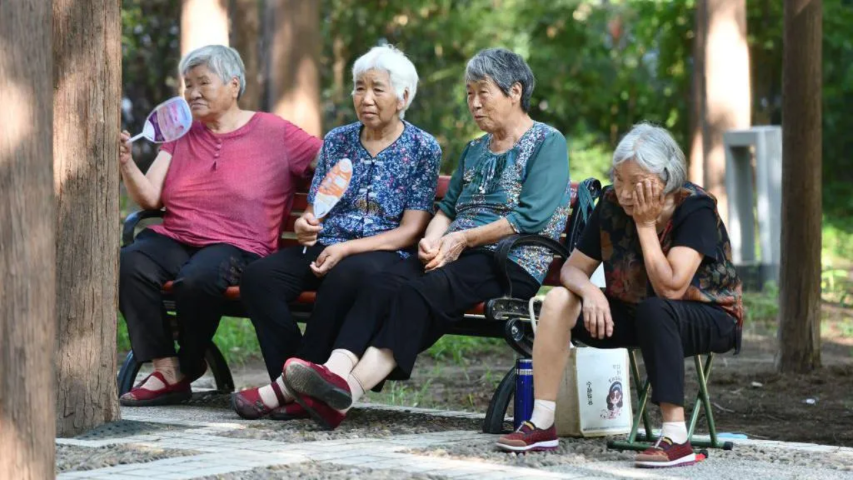
China has announced that early retirement will no longer be an option, as the country deals with an aging and declining population. Getty Images
China is set to gradually raise its retirement age for the first time since the 1950s, as the nation grapples with an aging population and concerns over its shrinking pension funds. On Friday, the country’s top legislative body approved a plan to increase the statutory retirement age for both men and women in stages, starting from January 1, 2025.
Women in blue-collar jobs will see their retirement age increase from 50 to 55, while those in white-collar jobs will have to work until 58, up from 55. Men, who currently retire at 60, will see their retirement age raised to 63. This gradual adjustment will happen every few months over the course of 15 years, with full implementation by 2039.
China’s retirement age is among the lowest globally, and this change is seen as essential for tackling the country's growing elderly population and the increasing pressure on the pension system. By 2030, employees will also need to contribute more to social security, and by 2039, workers will be required to have 20 years of contributions in order to access their pensions.
These reforms come at a crucial time, as China’s pension fund is predicted to run out of money by 2035, according to a 2019 report from the Chinese Academy of Social Sciences. The economic effects of the COVID-19 pandemic have only worsened this financial challenge. The government’s decision to raise the retirement age is based on a broad assessment of factors including life expectancy, workforce size, education levels, and overall population health.
China’s life expectancy has risen to 78.2 years, and by 2040, almost a third of the population—around 402 million people—will be over the age of 60. This presents a looming demographic crisis, compounded by the country’s decades-long one-child policy, which has resulted in a shrinking workforce and an increasing number of elderly people needing support.
The move to raise the retirement age has sparked mixed reactions online, with some citizens expressing dissatisfaction, fearing that retirement will be delayed even further in the future. "In 10 years, they’ll push it to 80," lamented one social media user. Others, however, anticipated the change, citing retirement ages in European countries that are often set at 65 or higher.
Despite the criticism, the Chinese government sees this policy shift as necessary to address the nation's growing demographic challenges. With around 300 million people currently aged between 50 and 60, a large portion of the workforce is set to retire over the next decade, leaving a significant gap in labour and placing additional strain on the already overstretched pension system.
As China prepares for this demographic shift, the government aims to ensure that both the workforce and the pension system remain sustainable, but the road ahead is likely to involve continued adjustments and challenges.















